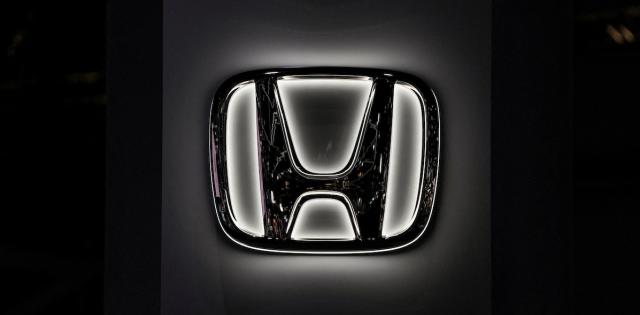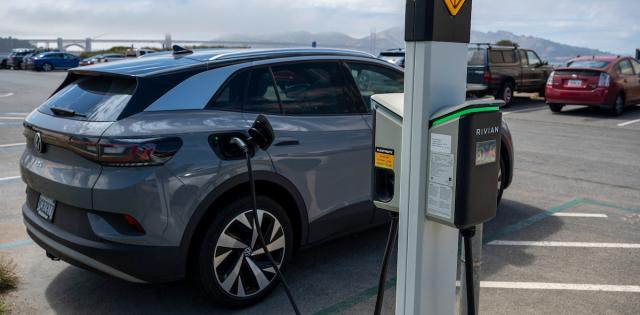The article below is sourced from Reuters Wire Service. The views and opinions expressed in this story are those of the Reuters Wire Service and do not necessarily reflect the official policy or position of NADA.
BMW said it was raising investment in electrification faster than planned but that it was too soon to set an end date for combustion engine car production, with sales still strong in major growth markets like China and the U.S.
The carmaker is close to hitting its target of 15% battery-electric sales this year, beating Mercedes-Benz and Porsche, for whom battery-electric cars have so far made up around 11% of sales.
Still, CEO Oliver Zipse, a longstanding advocate of investing in technologies to cut carbon emissions, said there was "no indication that the world is renouncing combustion engine vehicles".
He refused to set a target end date for their production, as Volkswagen and Mercedes-Benz have done. "It's still too soon," he said on a press call following half-year results.
BMW reported a 2.9% drop in second-quarter net profit on Thursday, in line with analysts' expectations, after last year's figures were boosted by its decision to take majority control of its Chinese joint venture BMW Brilliance Automotive (BBA).
However, it said second-quarter earnings had benefited from higher pricing and sales, which rose 11.3%.
Slight price increases were due to higher raw material costs, Chief Financial Officer Walter Mertl said.
The carmaker echoed European rivals in striking a cautious tone on the outlook for the global economy and warning supply chain and inflationary issues were easing but not over, while still adjusting expectations of its performance slightly higher.
It forecast growth in the European automotive market, robust sales in the U.S. and slight growth in China for the remainder of the year, after raising its annual outlook on strong orders and an improving supply chain.
BMW saw significantly higher revenues for the first half at 74 billion euros ($80.87 billion) due in part to the BBA integration, as well as higher sales and pricing.
Earnings before interest and taxes (EBIT) for the first half totalled 9.7 billion euros, up 42.6%, but net profit fell to 6.6 billion euros, primarily because of a higher tax rate, the company said.
Group research and development spending was up 15.4% in the first half, focused on electrification and automated driving, and capital expenditure rose 10.3%.
Higher material and manufacturing costs also weighed on results in the first half, it added.
($1 = 0.9146 euros)
(Reporting by Victoria Waldersee; Editing by Friederike Heine, Edmund Klamann, Bernadette Baum and Jan Harvey)
For more stories like this, bookmark www.NADAheadlines.org as a favorite in the browser of your choice and subscribe to our newsletter here:












